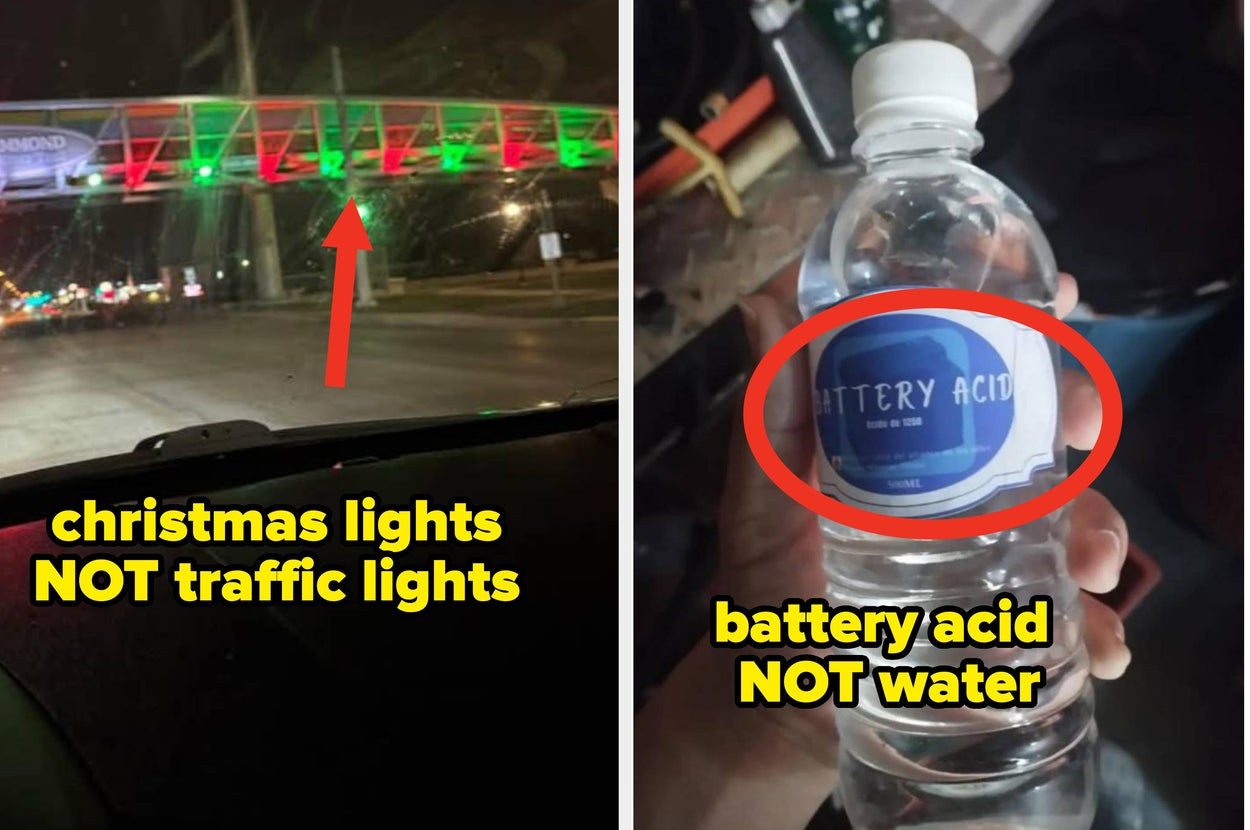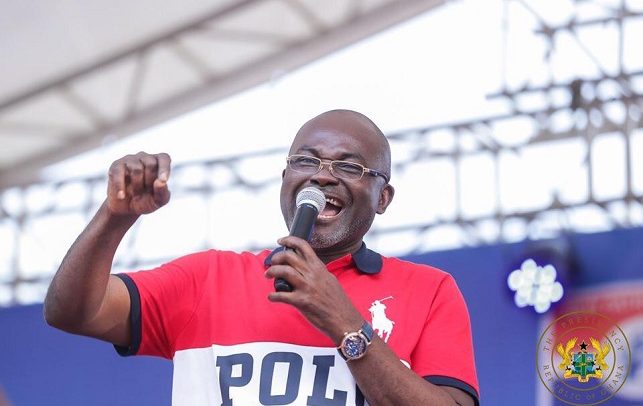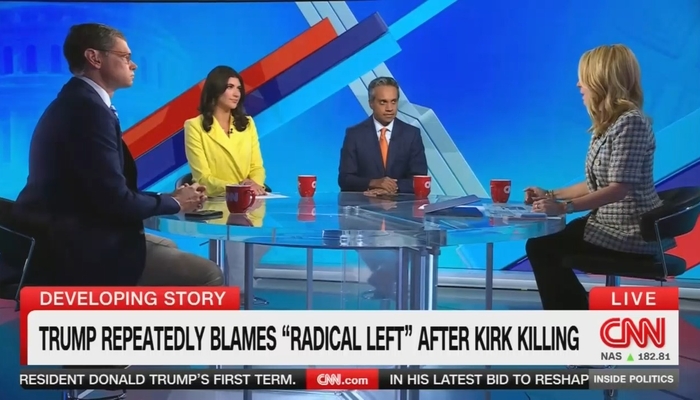
The six Emmy wins for the Netflix series “Adolescence” — including one for 15-year-old Owen Cooper, the youngest male ever to receive best supporting actor — couldn’t have happened at a more relevant time.
The four-part fictional series tells the story of a schoolboy named Jamie, played by Cooper, who is accused of murdering a female classmate. The misogyny and toxic masculinity that Jamie discovered in online communities fuel his radicalization toward violence.
Most internet communities are not inherently dangerous, and yet it’s fair to ask whether a specific online culture could have influenced the assassin who gunned down conservative activist Charlie Kirk. It is a culture, cultivated on social networks and messaging platforms, where killing seems performative and where human life has no intrinsic value.
The left and the right will continue to point fingers at the other side as a way to explain the violence. Immediately after Kirk was killed, President Trump immediately blamed the “radical left” for dangerous rhetoric, without addressing the political extremism Kirk espoused. Nor did Trump mention that attacks by right-wing extremists are more frequent and deadly. Minnesotans are well aware that the suspected killer in the assassination of former DFL House Speaker Melissa Hortman, after all, was an evangelical Christian with anti-abortion views.
People visit a makeshift memorial for Charlie Kirk, who was fatally shot on Sept. 10, on the campus at Utah Valley University in Orem, Utah. (LOREN ELLIOTT/The New York Times)
The left speculated without evidence that Kirk’s shooter must have been a Groyper, a follower of a far-right movement known for its white supremacist and Christian values that targeted conservatives like Kirk for being too moderate.
We gravitate toward partisan blamestorming because it gives us a framework to help us make sense of the unthinkable, especially if a shooter’s full motivations remain unclear. Politics becomes our reality, which then reinforces our biases and shapes our calls to action. Throw in a frayed mental health system and the wide accessibility to guns, and it’s not hard to see how our country can produce so much violence.
But what if there was yet another factor under our nose that could help explain this sickness?
The FBI has created a new category of domestic terrorism called “nihilistic violent extremism,” which is motivated by a disdain for society and an impulse to wreak destruction just for the sake of it.



